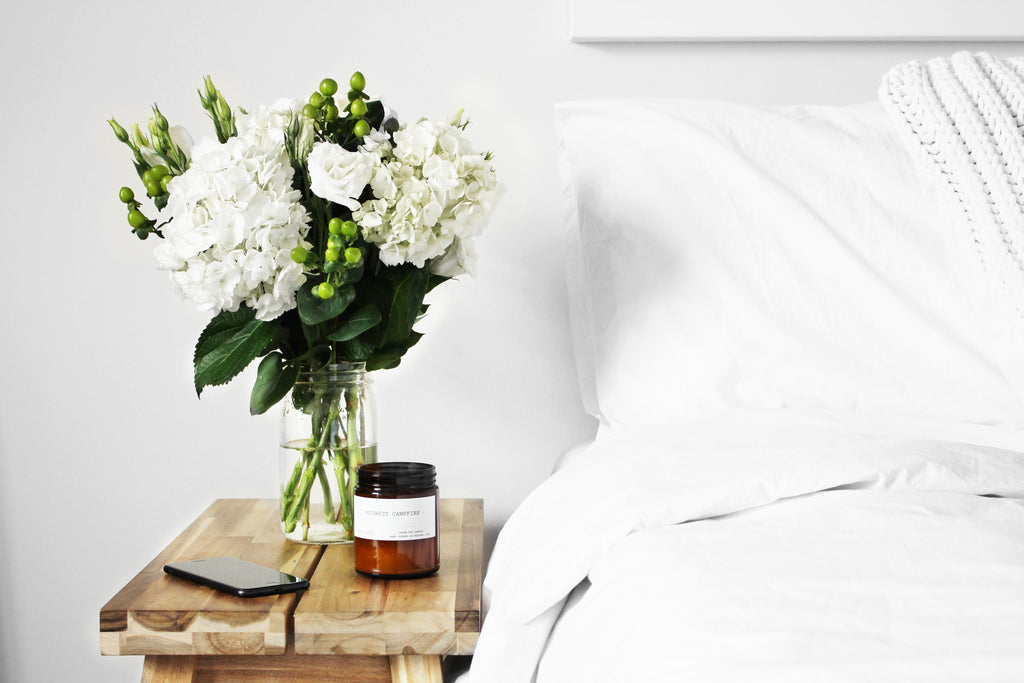Studies show that a whopping 46% of New Zealanders complain that they rarely, or never wake feeling refreshed. Quality sleep is vital for great health, with poor sleep leading to a higher risk of weight gain, sugar cravings, depression and poor immunity. Here are my top tips for a better night’s sleep:

- Less caffeine
Caffeine is a stimulant, it works by causing the body to produce adrenaline and cortisol, two of our ‘fight or flight’ hormones, they are normally only produced when we feel as though we are in danger, and keep our brain awake and alert to keep us safe in a dangerous situation. It takes the body approximately 12 hours* to detoxify and remove caffeine from circulation, so if you have your morning coffee around 8am you are only free from the effects of caffeine at 8pm. However, if you have a second coffee after lunch and then some chocolate after dinner you will still have high levels of caffeine circulating well after bedtime. Remember that there is caffeine in: coffee, energy drinks, black and green tea, and chocolate. Try to limit your intake of these products and enjoy them earlier in the day.
- Dim the lights
Melatonin is the hormone that induces sleep, it is produced by the body when the light begins to dim. I suggest dimming the lights in your home from about 8pm onwards, and avoiding the use of back lit devices, such as iPads, cell phones, and laptops. These devices all emit a blue light, which is particularly disturbing to the production of melatonin.
- Magnesium
The body uses magnesium to help relax the muscle fibres, when there is optimal magnesium present, the muscles are able to properly relax, allowing you to sleep more restoratively. Magnesium rich foods include; leafy greens, nuts, seeds, bananas, oats and broccoli; try to include some of these foods each day.
- Routine
‘Early to bed, early to rise’ is the perfect mantra to live by according to Ayurvedic medicine, and the biochemistry cycle of the body supports this. Many people find that they get a ‘second wind’ if they stay awake after 10pm, this is because cortisol, a hormone that helps to keep us awake, is low around 8pm and begins to rise to its highest point by 10pm.So falling asleep before 10pm is critical, as cortisol doesn’t drop off again until 12pm. Waking up at around 6am is perfect as cortisol begins to increase again, helping us to wake up and feel alert. Keeping to the same routine allows the body to regulate its sleep cycle and the hormones needed for great sleep.
- Reduce alcohol consumption
You may feel like alcohol helps you to sleep, and while it may help you fall asleep, it isn’t helping you to wake up feeling rested. This is because alcohol disrupts your REM sleep, which is the deepest stage of sleep when the body can truly rest and repair. When REM sleep is disrupted you wake feeling just as tired as when you went to bed. Recent research has found that regular alcohol intake lowers the amount of melatonin that is produced, which further contributes to sleep issues.
- Tea
Chamomile, valerian root, and passionflower all support relaxation and sleep. Including a cup of calming tea containing some of these herbs before bed is a fantastic addition to your night time routine.

